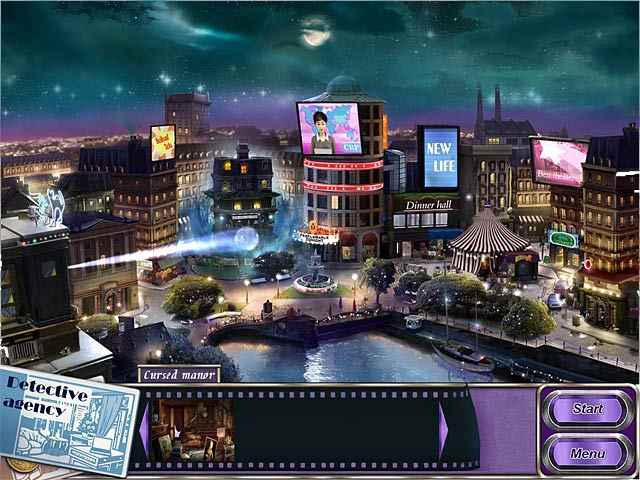


In addition to developing this model, we (1) present empirical and conceptual difficulties with received versions of HADD Theory, (2) explain how IREM incorporates philosophical work on indexical belief, (3) relate IREM to existing anthropological and psychological research, and (4) propose future empirical research programs based on IREM. IREM inverts received versions of Hyperactive Agency-Detection Device Theory (HADD Theory): instead of saying that agency-intuitions are major causes of religious belief in general, IREM says that general belief in supernatural agents causes people to seek situations that trigger agency-intuitions and other experiences, since these enable one to form personal beliefs about those agents. We call our model the Interactive Religious Experience Model (IREM). On our model, people acquire general religious beliefs mostly from their surrounding culture however, people use agency-intuitions and other low-level experiences to form personal religious beliefs. Crucially, we distinguish general religious beliefs (such as *God exists*) from personal religious beliefs that directly refer to the agent holding the belief or to her peripersonal time and space (such as *God appeared to _me_ last night*). We develop a new model of how human agency-detection capacities and other socio-cognitive biases are involved in forming religious beliefs. Methodological considerations for future research on agency detection These findings were unanticipated, and inconsistent with the False agency detection was not related toīelief in supernatural agents, and was instead related to belief in Feng Majority of participants perceived the presence of an agent at least once The VR task successfully induced false agency detection such that the Perceived presence of agents (agency detection).

Participated in a virtual reality (VR) task where they indicated the College students (N = 107) completedĪ survey assessing belief in various supernatural phenomena, and Thus, agency detection and belief in supernatural agents may beĬorrelated in modern populations. It is theorized that, given recurrent ancestral risks of predation and frequent contact with other dangerous agents, mechanisms for agency detection may have evolved and play an important role in facilitating belief in supernatural agents. VISIT US: WATCH US: FIND US: FOLLOW US: in supernatural agents is ubiquitous, as evidenced by its prevalence in religion, folklore, and cultural practices. ▶ Letters From Nowhere: A Hidden Object Mystery ▶ Paranormal Agency: The Ghosts of Wayne Mansion Sign up now for a weekly round-up of the best from G5 Games! _Ĭollect them all! Search for "g5" in iTunes! Game available in: English, French, German Original Storyline Re-written Exclusively for the iPhone/iPad Version.Five Different Types of Hidden Object Challenges.Featuring over 50 levels and variety of hidden object challenges, Paranormal Agency is a thrilling, and chilling, interactive examination of the unexplained. Help Heather hunt for hidden items in locations all over the city and find out who is behind the attacks. When spooky ghosts and weird creatures start showing up in local homes, it's up to Heather and her agency to get to the bottom of this macabre mystery and look for reasons behind recent poltergeist attacks on innocent citizens. Use your supernatural ESP to rid the city of malevolent spooks and spirits in this eerie Hidden Object game! Detective Heather Mills has the amazing ability to see ghosts and other mysterious entities that are not visible to other people.


 0 kommentar(er)
0 kommentar(er)
